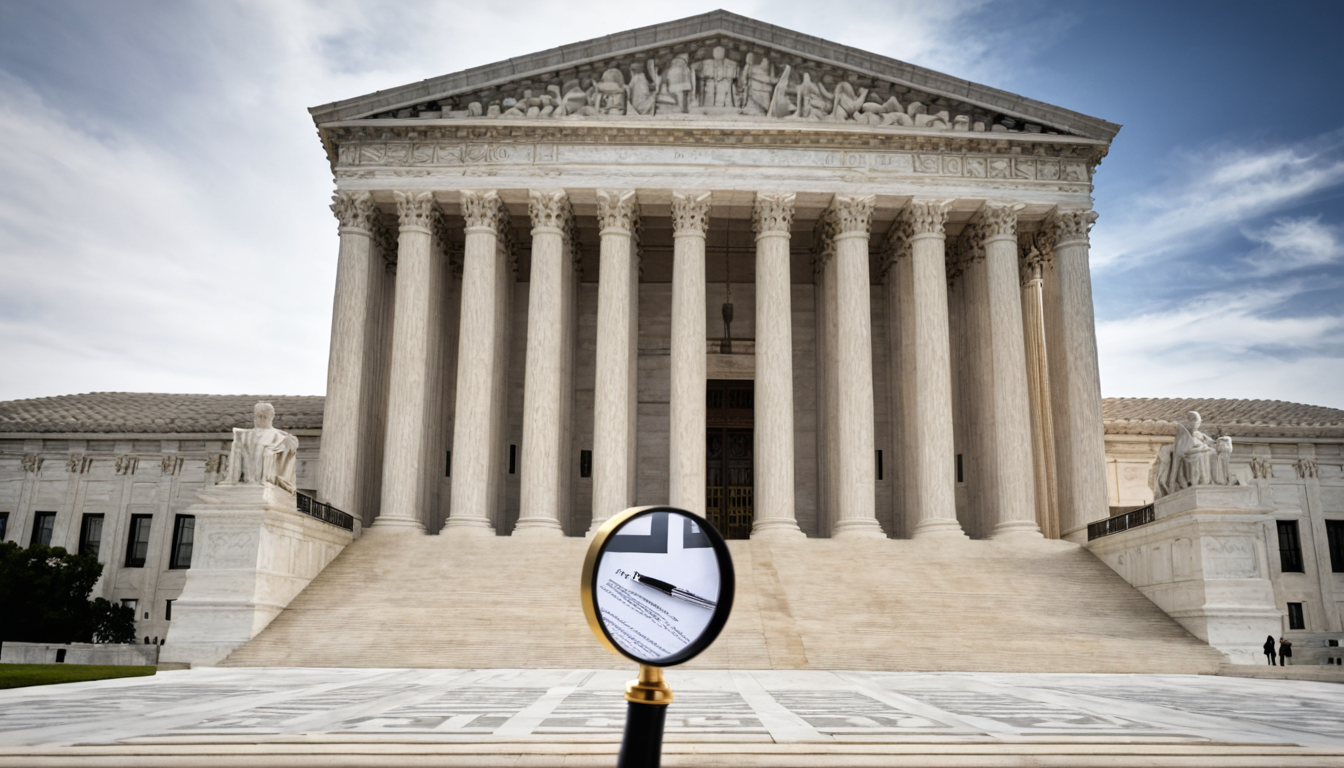Will Thompson v. United States Narrow Fraud Laws?
The Supreme Court’s Thompson v. United States could redefine federal fraud law, specifically limiting charges to explicit falsehoods. Currently, misleading statements—even half-truths—are often treated as fraud, but Thompson challenges this interpretation, highlighting a split between circuits. If the Court narrows the definition, fraud prosecutions may only target direct lies, impacting both charges and plea deals.
This shift aligns with recent Supreme Court decisions that restrict broad fraud interpretations. Should Thompson follow suit, misleading statements could be excluded, affecting mail and wire fraud cases and possibly resulting in more favorable sentencing for defendants, as only losses from outright lies would count.
For defense attorneys, Thompson suggests a new approach: focus on clear falsehoods in plea and sentencing negotiations. This case could reshape fraud defenses if misleading statements lose their weight in court.
In their most recent column in Law 360, SentencingStats’ President and Chief Research Officer teams up with former NACDL president, Alan Ellis to discuss Thompson and it’s potential impact on defense strategy. You may download the full article below.

